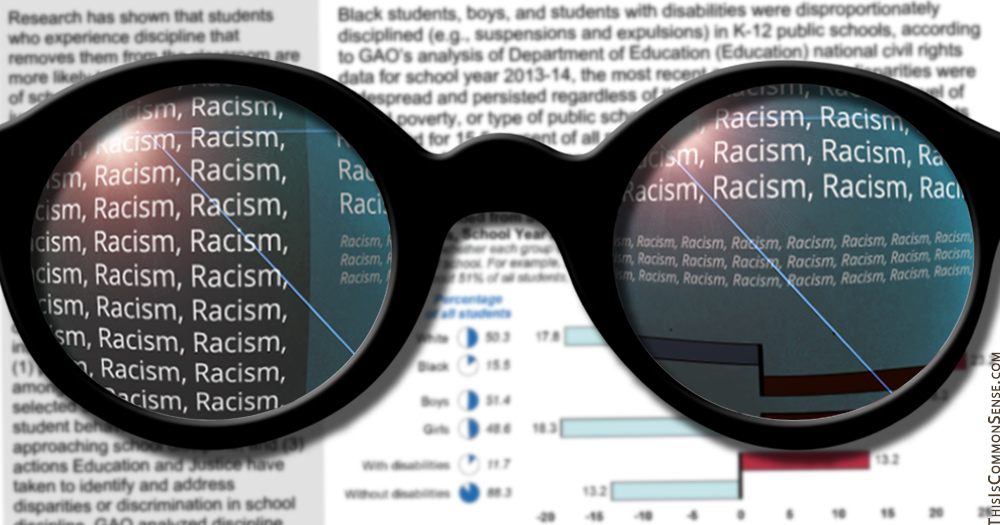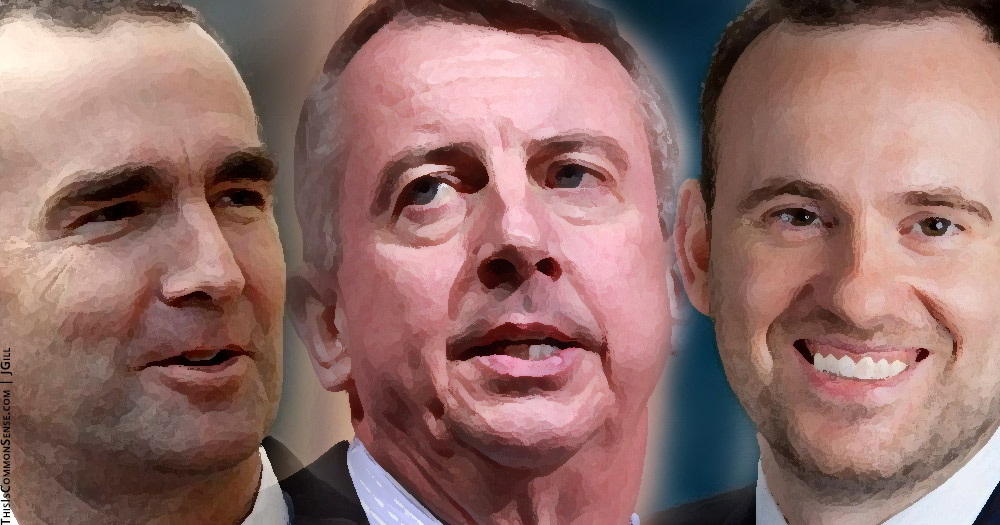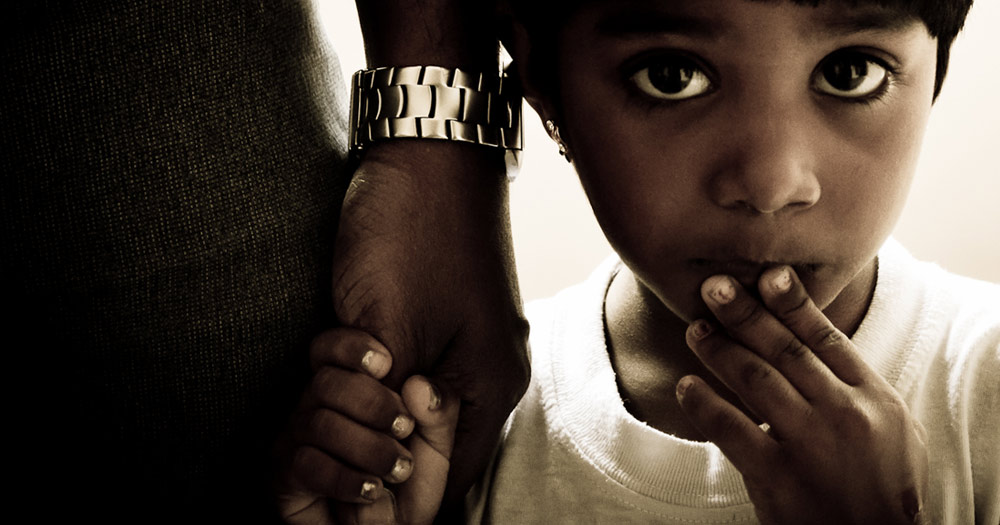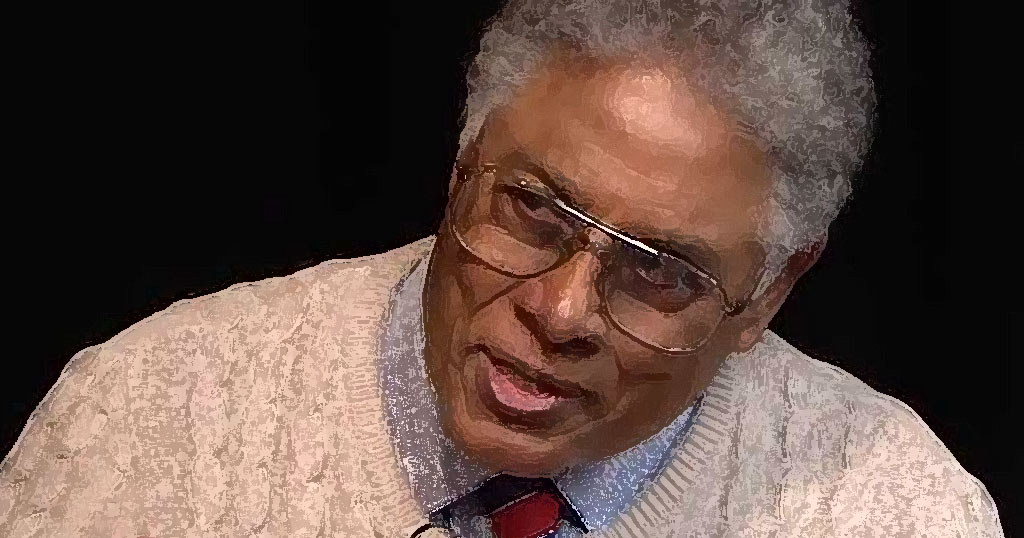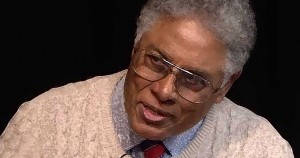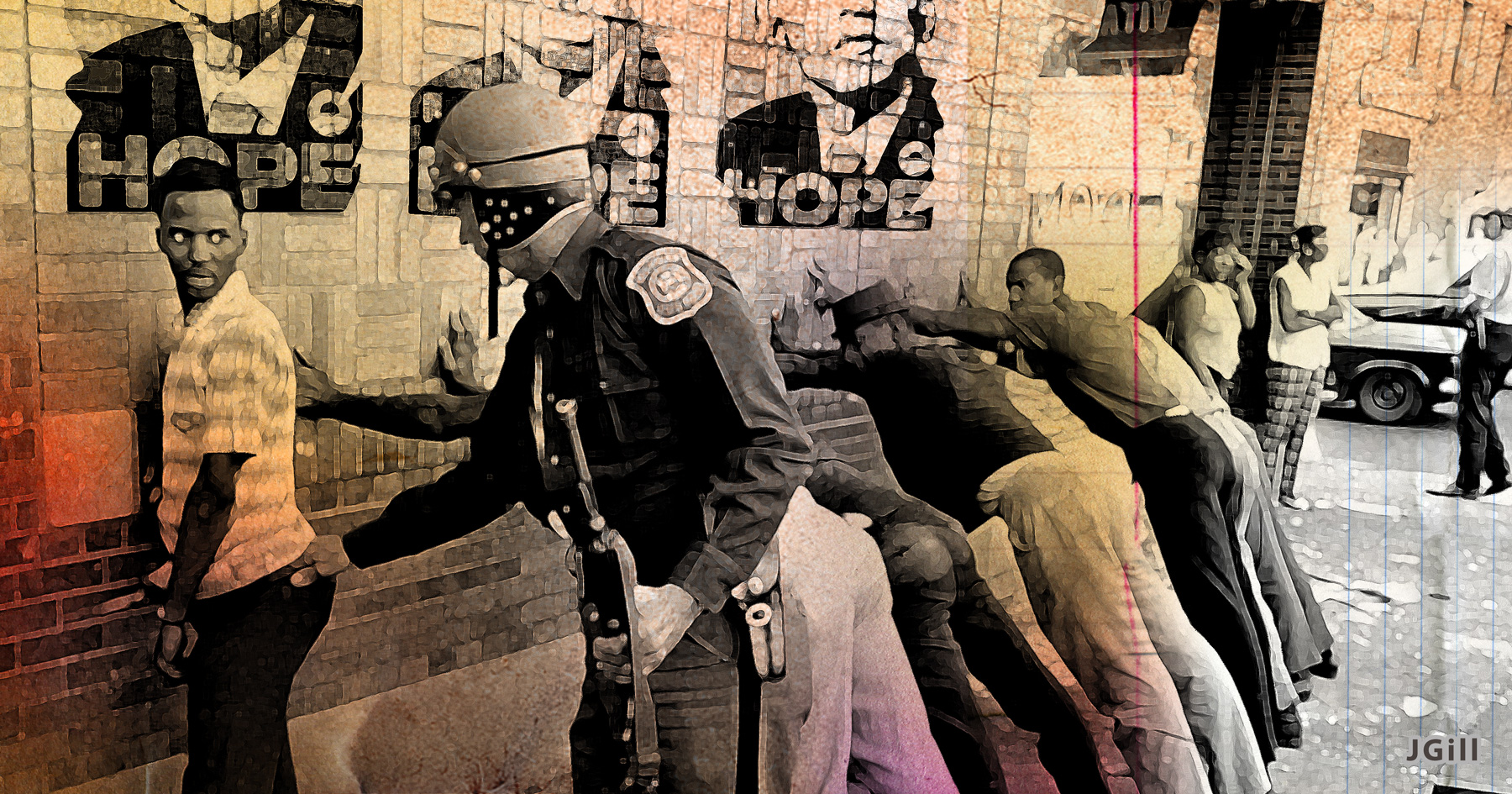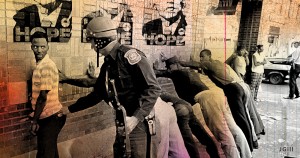Neither stretching the truth nor ignoring it helps beat back implicit or explicit racism. Yesterday, my Townhall.com column took the Washington Post to task for misstating the results of a recent GAO report.
The GAO noted wide discrepancies between the percentage of students facing disciplinary actions who are black, male and disabled and the relative percentages of these groups in the overall student population. Yet, the report also specifically stated: “Our analyses of these data, taken alone, do not establish whether unlawful discrimination has occurred.”
Nonetheless, the Post headline told readers: “Implicit racial bias causes black boys to be disciplined at school more than whites, federal report finds.” The article claimed that “a government analysis of data … said implicit racial bias was the likely cause of these continuing disparities.”
The same discrepancies regarding boys of all races? And students with disabilities? Even the crickets had no comment.
In the Post’s Outlook section, yesterday, readers were treated to further edification on race — this time via C. Nicole Mason with the Center for Research and Policy in the Public Interest. “I feel alienated and slightly betrayed by the reboot” of the sitcom Roseanne,” she writes.
The title of her piece proclaims why: “‘Roseanne’ was about a white family, but it was for all working people. Not anymore.”
The “not anymore” refers to Roseanne’s support of (and Mason’s derangement syndrome over) President Trump. Interestingly, a more legitimate “not anymore” angle was completely missed — or ignored. The Connors now have a black granddaughter. The new show isn’t “about a white family,” but a racially mixed family.
When racism is finally extinguished from this planet, someone remember to tell the race-hustlers.
This is Common Sense. I’m Paul Jacob.
